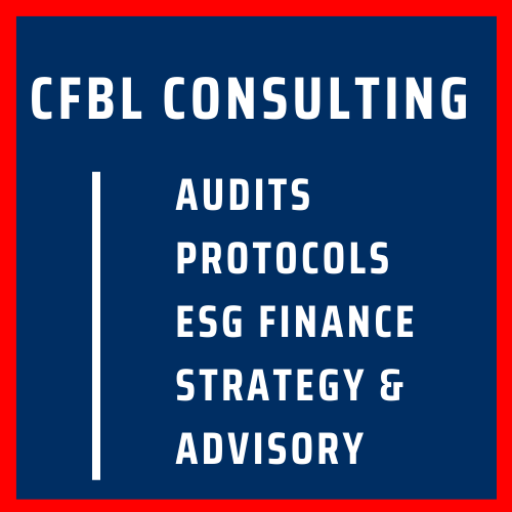
Effective Construction Cost Management Strategies
The construction industry, marked by its complex nature and dynamic environment, presents unique challenges when it comes to cost control. Here are some of the primary challenges that project managers and contractors often encounter:
One of the most important challenges in construction cost management is the delay between actual work performed and financial record-keeping. Unlike retail, where transactions are recorded instantly, construction often relies on a pay application system that can delay invoice processing by weeks. This gap can create a false sense of financial security, leading to potential overspending. Others include accurate cost classification, and stakeholder change and communication gap
Accurate cost categorisation is crucial for effective budgeting and decision-making. Infrastructure businesses must distinguish between direct costs (e.g., materials and labour) and indirect costs (e.g., administrative expenses). Job costing plays a vital role in this process, enabling detailed tracking of task-specific expenses. Misclassification can lead to distorted financial analyses and inaccurate future projections. For instance, erroneously categorising temporary structure costs as permanent building costs can skew budget forecasts, potentially resulting in uncompetitive bids or financially unviable projects.
The gap between onsite teams and office personnel can notably impact cost management. Field workers possess real-time project insights, while office staff rely on reports and documentation for decision-making. This communication gap can result in delayed information flow, inaccurate cost tracking, and resource misallocation.
- Advanced cost tracking software enables real-time expense monitoring and precise forecasting.
- Building Information Modeling (BIM) facilitates accurate cost estimates and early identification of potential overruns.
- Integrated project management platforms offer a holistic view of financial health.
- Data analytics and cash flow projections empower firms to make data-driven financial decisions.
Embracing these technological solutions, construction companies can break down silos between field and office teams, fostering collaboration and improving overall cost-effectiveness.
By addressing timing issues, ensuring accurate cost classification, bridging communication gaps, and embracing change and technology, construction firms can navigate financial challenges more effectively. As the industry continues to evolve, integrating robust cost management practices from project inception will be key to success. Through these actions, organisations can gain valuable insights, prevent cost overruns, and enhance financial efficiency, ultimately establishing a more robust framework for future infrastructure projects.
Sources
https://www.procore.com/library/construction-cost-management
https://urbanistarchitecture.co.uk/reducing-construction-cost/
